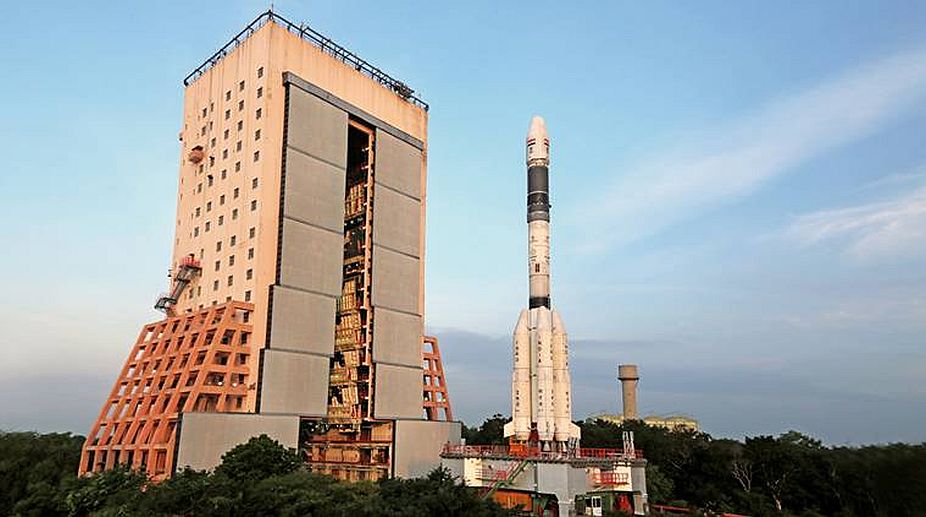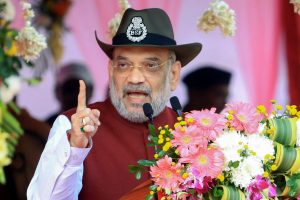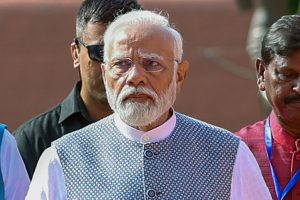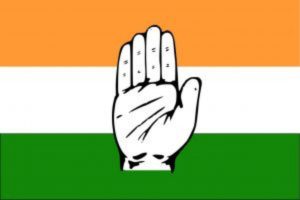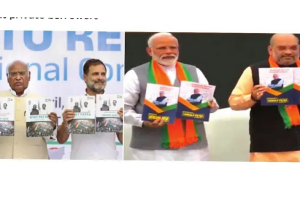In line with its ‘Neighbourhood First’ policy, India has successfully launched the South Asia Satellite, a dream project of Prime Minister Narendra Modi which he had initiated soon after assuming office in May 2014 as a ‘gift’ from India to countries in the region.
sought to put a spanner in the works by refusing to accept India’s ‘gift’, saying it has its own space programme and did not need any help. But the fact is that whatever little advances Pakistan has made in the area of space technology, it is with the assistance of China.
Islamabad’s position compelled India to change the name of its space mission from ‘SAARC Satellite’ to ‘South Asia Satellite’. Pakistan, in fact, tried its best to dissuade other SAARC nations from joining the project as that would amount to accepting India’s hegemony in the region.
However, there were no takers for Pakistan’s argument as other SAARC countries—Nepal, Bhutan, Bangladesh, Maldives, Sri Lanka and Afghanistan—realised the benefits that will accrue to them by sharing India’s expertise and technological advancement.
The satellite will assist the nations which have joined the project to communicate better during disasters and also help establish a hotline among them. The function of the satellite will include telemedicine and education. The satellite will enable each country to beam its own TV programmes and consider a common South Asia programming at a later stage.
A source here said the Prime Minister believes that India must share its economic prosperity and technological advancement with all its neighbours in the spirit of ‘Sabka Saath, Sabka Vikas.’ In fact, Mr Modi would like Pakistan also to be on board on all such regional initiatives in the larger interest of the speedy economic development of SAARC countries.
‘’Islamabad must realise that its negative attitude on regional initiatives, be it the satellite or transport and connectivity projects, will ultimately harm Pakistan only and no one else. It must get out of the anti-India mindset and stop looking at all regional initiatives through the prism of Indo-Pak relations if it really believes in the success of SAARC,’’ the source added.
The source refused to term a setback for India the recent announcement by Bhutan that it was not in a position to immediately ratify the Bangladesh, Bhutan, India, Nepal (BBIN) Motor Vehicle Agreement. This sub-regional connectivity initiative was proposed by India after Pakistan rejected a Motor Vehicle Agreement (MVA) among SAARC countries at the SAARC Summit in Kathmandu in 2014.
The source explained that it was natural that all members which are party to a multi-nation initiative cannot move at the same speed on all matters. New Delhi was sure that Bhutan would ultimately approve the BBIN agreement and sub-regional connectivity in South Asia would become a reality sans Pakistan.

